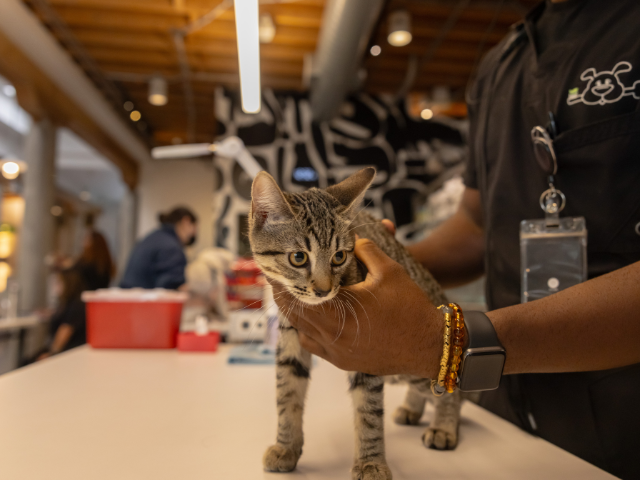
Understanding Cat Behavior
Importance of Addressing Behavioral Concerns
Behavioral issues in cats are essential to address, not just for the pet's well-being but also for the household's harmony. Open communication with your veterinarian is necessary to tackle any behavioral or physical problems your cat might face.
Common Cat Behavior Problems
Common issues include inappropriate urination or defecation, furniture scratching, and aggression towards people or other pets. The root cause may be behavioral, but in some instances, these signs could indicate underlying medical issues like urinary tract infections or digestive troubles.
When to Consult a Veterinarian
You should consult a veterinarian at the earliest sign of concerning behavior. Veterinarians generally ask about behavioral issues during routine visits, but feel free to make an appointment specifically for behavioral problems.
Diagnostic and Treatment Options
The veterinarian relies on your observations for diagnosing behavioral issues and may recommend additional tests to rule out medical concerns. Treatment options can vary from behavior modification exercises to medications. For complex problems, referral to a specialized behaviorist may be necessary.
Timing Matters
Early detection and intervention are crucial for effective behavior modification. Training younger cats is more manageable, and the sooner a problem is addressed, the better the outcome will likely be.
Can These Issues Be Managed at Home?
While specific problems might be manageable at home with training and environmental adjustments, it's best to consult a veterinarian for a tailored solution.
Will It Resolve on Its Own?
Unaddressed behavior problems are unlikely to resolve independently and may worsen over time. Therefore, timely professional intervention is advised.
For any concerns or questions, contact us at Green Dog Veterinary Center for personalized advice and treatment options.
